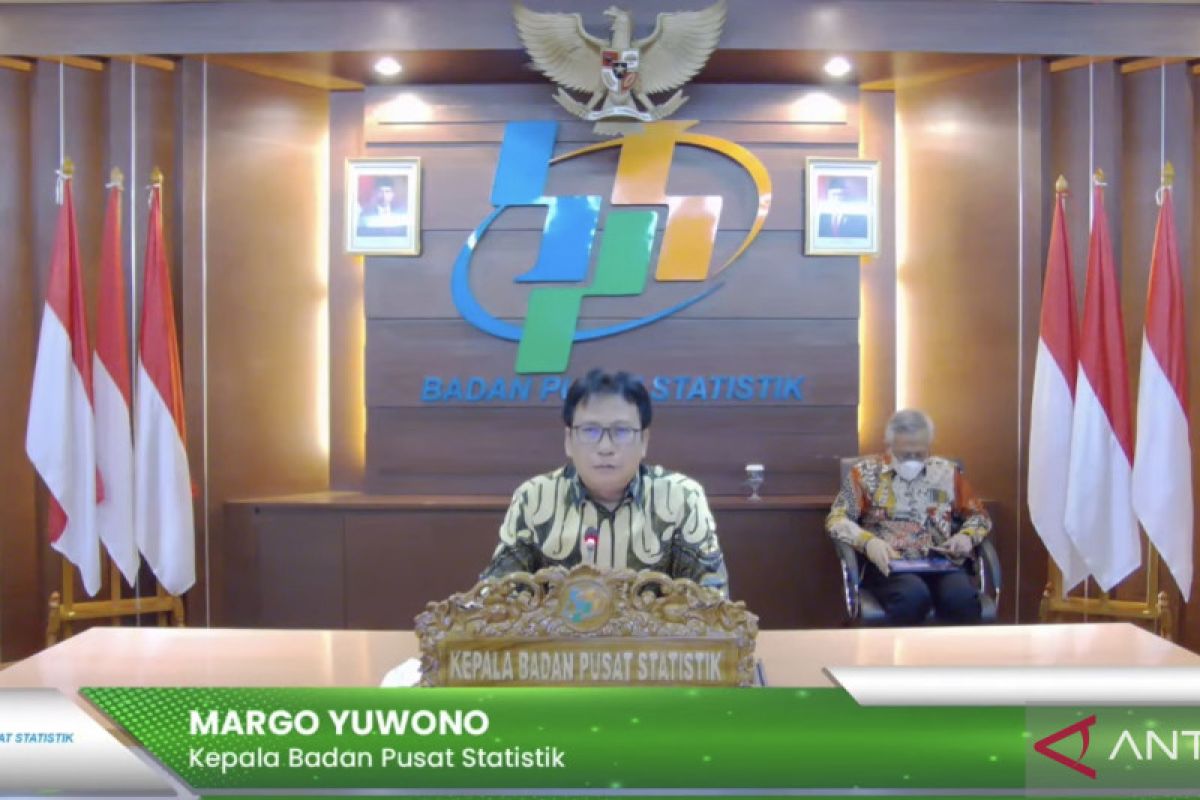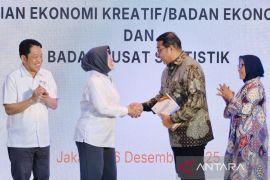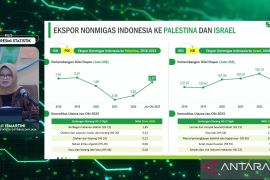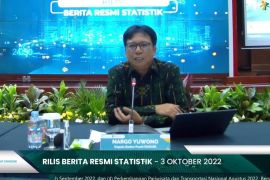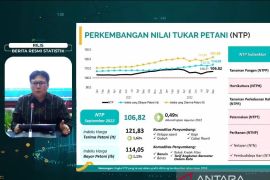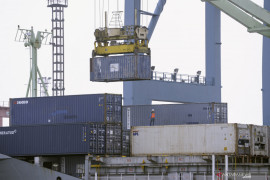The three commodities are included in the food, beverage, and tobacco expenditure group, which contributed 0.48 percent to the August deflation.
"The main contributor to deflation in August 2022 came from the food, beverage, and tobacco expenditure group, with a share of 0.48 percent," Yuwono informed at a press conference in Jakarta on Thursday.
Shallots contributed 0.15 percent to deflation, cayenne pepper 0.12 percent, and red chili 0.07 percent, he added.
The reason the three commodities emerged as the biggest contributors to deflation in August was the recovery in supply so the prices of shallots, red chilies, and cayenne peppers declined, he explained.
In addition to the food, beverage, and tobacco expenditure group, the 0.21 percent mtm deflation in August was also triggered by the transportation expenditure group, whose contribution was recorded at 0.01 percent.
The transportation expenditure group experienced deflation of 0.08 percent mtm in August due to a fall in air transportation fares, which contributed 0.03 percent.
Yuwono explained that this was due to the decline in the price of aviation turbine (avtur) fuel and the government's policy to waive the non-tax state revenue (PNBP) rate for landing, placing, and storing aircraft at airports.
Related news: Annual inflation well-maintained at 4.94% in July: BPS
On a year-on-year (yoy) basis, Indonesia recorded an inflation of 4.69 percent in August, with the food, beverage, and tobacco expenditure group seeing the highest inflation of 7.73 percent yoy.
The commodities that contributed to this expenditure group were red chilies, cooking oil, filter cigarettes, broiler eggs, fresh fish, and shallots.
Meanwhile, rice commodities in August experienced inflation of 0.54 percent mtm due to an increase in grain prices, while chicken eggs experienced inflation of 2.87 percent mtm.
According to Yuwono, the price movement of rice and broiler eggs should raise concerns because those commodities contribute greatly to inflation.
Citing an example, he said that in August, the price of rice increased slightly and managed to contribute 0.016 percent to inflation.
In addition, the price movement of broiler eggs increased, with their average price reaching Rp29,014 per kilogram, and contributed 0.022 percent to inflation in August.
Attention must also be paid to developments in commodity prices regulated by the government, especially gasoline and household fuels, given that they can have a multiplier effect on the economy.
"If fuel (BBM price) increases, it will cause prices in other sectors to increase, and this will have an impact on inflation," the BPS head said.
For prices regulated by the government, especially electricity tariffs in August, an increase is expected so that their contribution to inflation will reach 0.04 percent (yoy).
“Then also for household fuel, the price is regulated by the government, the price increases compared to last year on a year-on-year basis. The contribution to inflation is 0.28 percent," Yuwono said.
Related news: BPS records 0.21-percent deflation in August 2022
Related news: Indonesia managed to maintain growth, control inflation: Jokowi
Translator: Astrid F, Azis Kurmala
Editor: Suharto
Copyright © ANTARA 2022
